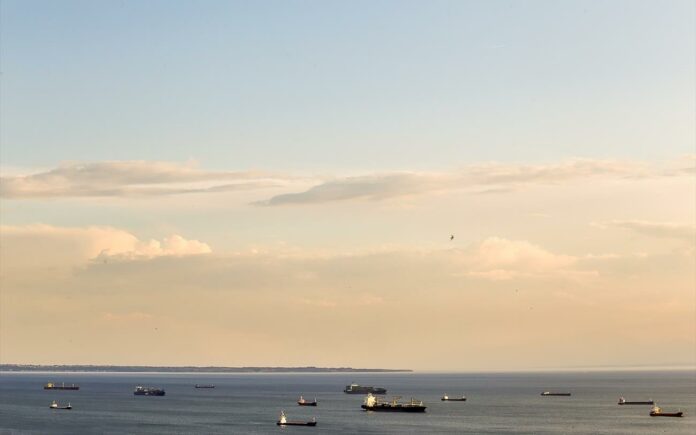By A. Tsimblakis
[email protected]
A simmering row over an apparently never-ending investigation into the Greek shipping sector’s institutional framework by European Commission’s Directorate-General for Competition (DG COMP) – a constant irritation cited by Greek shipowners over recent years – is generating concerns that Europe’s biggest shipping bloc may set sail for more competitive “harbors”, with London now re-emerging as a high probability.
At present, Greek-flagged vessels and shipping controlled by Greek interests account for 20 percent of the global capacity and half of Europe’s fleet.
The president of the Greek Union of Shipowners (EEE), Theodore Veniamis, this week again warned that Brussels’ bureaucracy is endangering the sector’s viability within the Union.
In a message carried in the association’s annual report, Veniamis reminded that “2017 has been declared the ‘Year of European Shipping’. What’s odd, however, is the fact that while the European Union is attempting to boost the competitiveness of its shipping, at the same time it is taking actions that are shaking the legal confidence of shipping activity in Europe.”
Veniamis didn’t mince his words in saying that the “perpetuation” of the ongoing investigation by the competition authority is at the root of this uncertainty for the entire European shipping sector.
In terms of absolute numbers over the previous crisis years in Greece, the shipping industry appeared only indirectly affected by the economic meltdown in the country, especially when Greece-based operations were severely hampered after capital controls were imposed by the SYRIZA government in late June 2015.
One way around the unprecedented measure was to keep revenue generated abroad in foreign banks accounts as working capital.
Nevertheless, shipping-related remittances remained robust although decreased, with the second half of 2016 recording 4.22 billion euros as imported into the recession battered country from maritime activities – an increase of 20 percent over the corresponding period of 2015.
Overall in the 2016, however, the balance of payment in Greece’s shipping sector reached 7.81 billion euros, a 22-percent decrease over the corresponding period of 2015 (9.97 billion euros).
Remittances in the 2015-2016 period were down 29.4 percent compared to 2013-2014, a direct result of debilitating capital controls.
Since 2007, remittances from shipping on Greece’s balance of payments are estimated at a whopping 136 billion euros, 16 percent higher than the oft-cited “locomotive” of the Greek economy, i.e. tourism.














